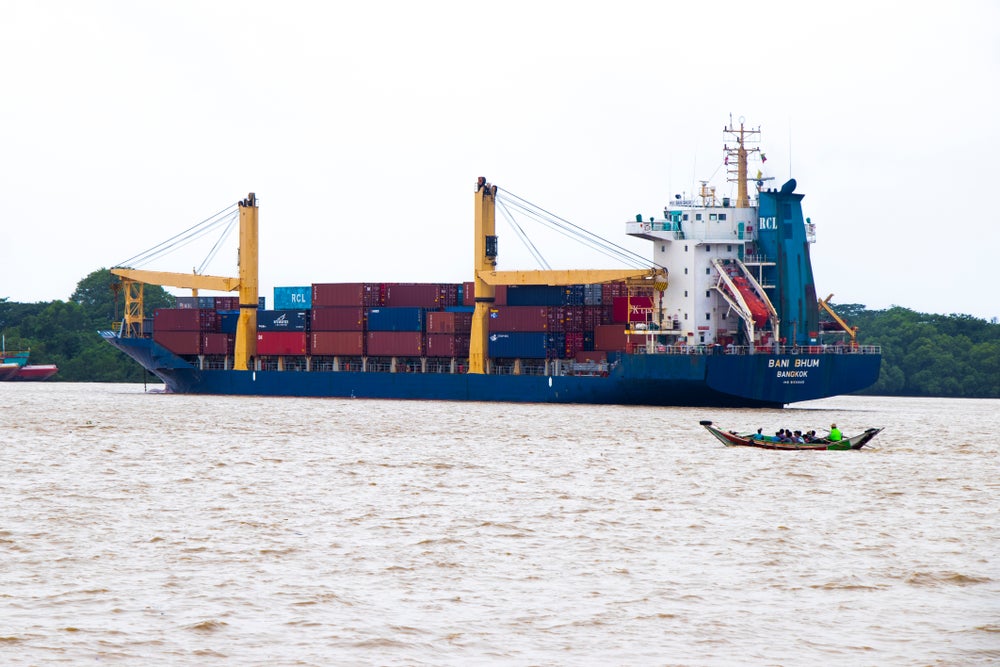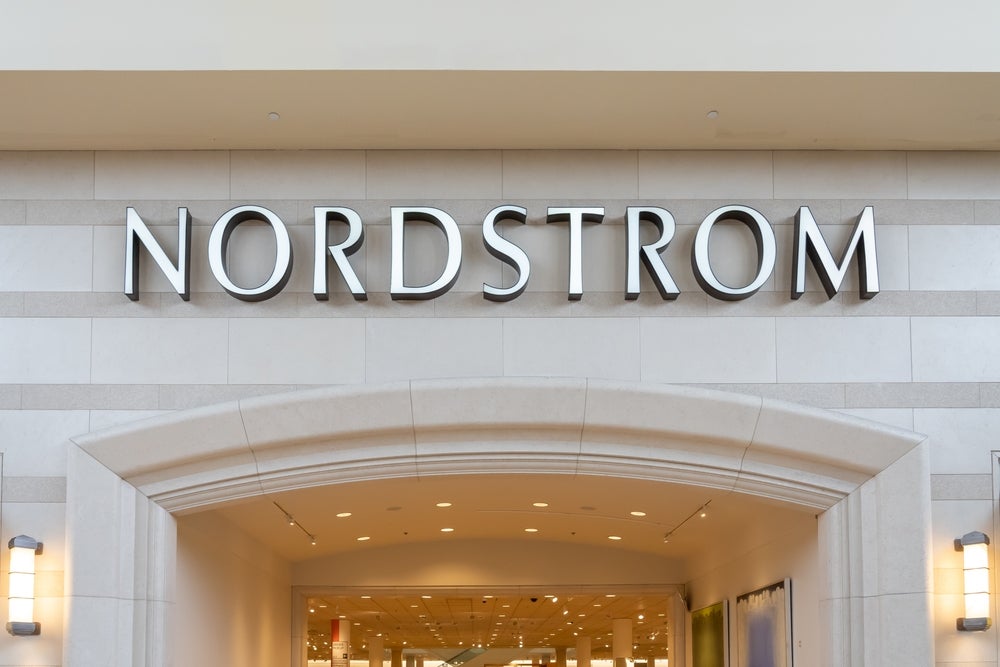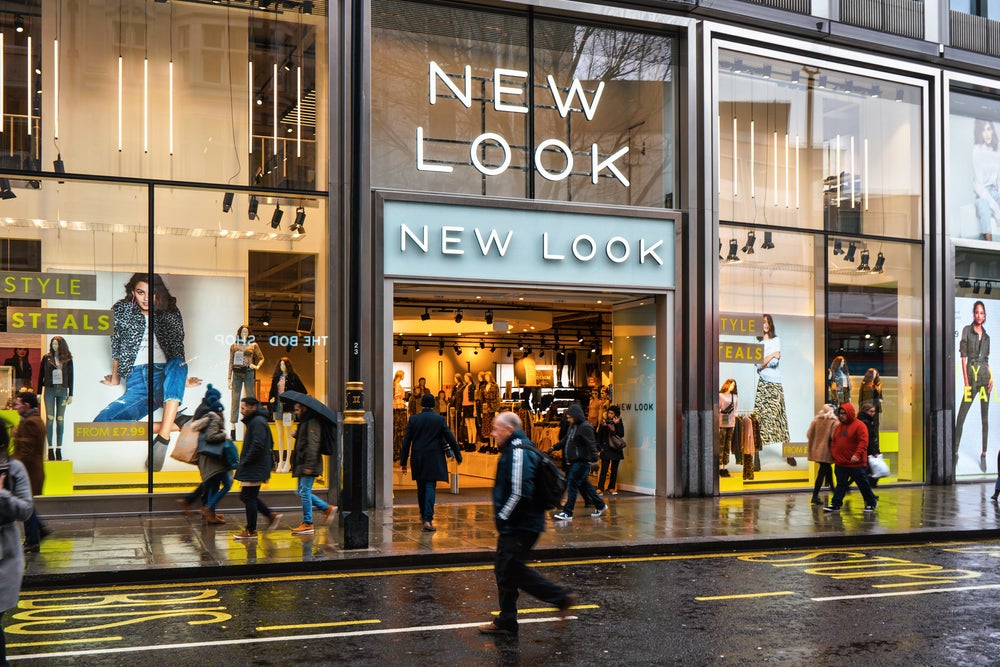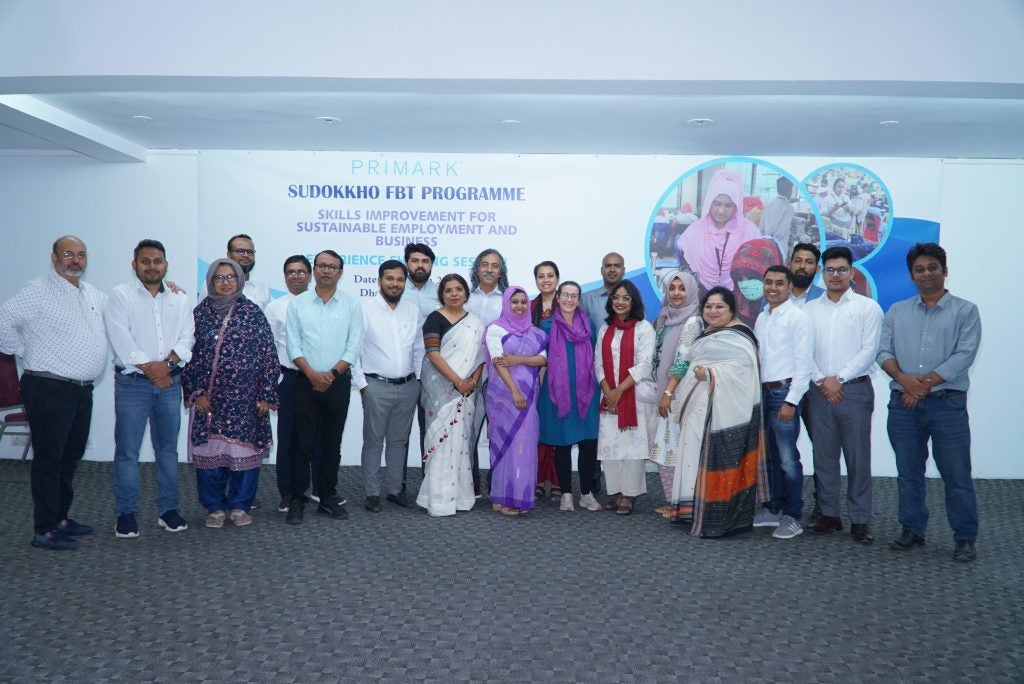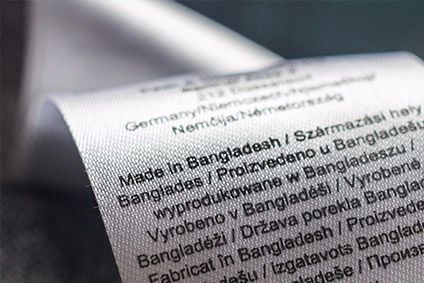
The new agreement, which builds on the progress of the former Accord on Fire and Building Safety in Bangladesh, continues legally-binding commitments to the safety of workers in Bangladesh and promises to expand the programme to other countries.
The new agreement, called the International Accord for Health and Safety in the Textile and Garment Industry, takes effect on 1 September 2021.
Like its predecessor agreement, this is a legally binding agreement between companies and trade unions to make Ready-Made Garment (RMG) and textile factories safe. The renewed agreement advances the fundamental elements that made the Accord successful, including: respect for freedom of association, independent administration and implementation, a high level of transparency, provisions to ensure remediation is financially feasible, Safety Committee training and worker awareness program, and a credible, independent complaints mechanism. In Bangladesh, the agreement is already implemented by the independent national tri-partite RMG Sustainability Council (RSC) consisting of brands, unions and industry.
Key new features of the International Accord include:
- A commitment to focus on the health and safety programme in Bangladesh, and on building a credible industry-wide compliance and accountability mechanism
- A commitment to expand the work of the International Accord based on feasibility studies
- An option to expand the scope of the agreement to address human rights due diligence
- An optional streamlined arbitration process to enforce the Accord’s terms
Starting today (25 August), the trade union signatories, IndustriALL Global Union and UNI Global Union, will join along with leading brands into this new agreement. On 1 September, the Accord will announce the first wave of brands and retailers that have signed the agreement.
The governance structures remain the same, with the Accord steering committee overseeing the implementation of the new agreement, confirmed UNI Global Union to Just Style. The RSC will implement the programme around Bangladesh factory safety. The union and brands that signed the new bilateral agreement are two of the three parties in that (RSC) tripartite body, and brands continue to pay the majority of costs of the RSC.
How well do you really know your competitors?
Access the most comprehensive Company Profiles on the market, powered by GlobalData. Save hours of research. Gain competitive edge.

Thank you!
Your download email will arrive shortly
Not ready to buy yet? Download a free sample
We are confident about the unique quality of our Company Profiles. However, we want you to make the most beneficial decision for your business, so we offer a free sample that you can download by submitting the below form
By GlobalDataChristy Hoffman, general secretary of UNI Global Union, says: “This new agreement is further proof that the Accord model works. With its accountability, transparency, and legally binding commitments, the International Accord is an example of what modern due diligence should look like in Bangladesh and beyond. It also recognises that the work in Bangladesh’s garment industry is not finished and creates a structure which will strengthen the RSC as it continues the work of the previous Accord.”
Previously, a decision by the Bangladesh High Court led to the day-to day Accord operations being handed over last year to the Ready-Made Garment Sustainability Council (RSC) – a tripartite body made up of brands, factory owners as well as global and national unions.
In May, a report urged the extension of the Accord and called on brands and retailers to sign a new, legally binding agreement that will allow the Accord’s work to be extended and its model to be expanded to other countries.
The report found that while much progress has been made around factory safety, weakening the legal accountability of the Accord agreement would “risk the lives of innumerable workers as many important safety fixes have yet to be completed or verified.” Many of the safety hazards still present in factories are the most costly ones to remediate, it noted.
In June, negotiators for the Bangladesh Accord struck a three-month extension as concerns continued to grow around weakening the legal accountability of it and the impact it could have on worker lives
H&M is among the brands that has confirmed it has signed the new agreement, adding fire and building safety are extremely important issues for H&M Group.
“For me, living and working in Bangladesh, it has been evident what remarkable change the textile industry has gone through thanks to the Accord. I’m proud to have been a part of fruitful and important discussions with other brands and trade unions leading up to this ground-breaking agreement. I’m convinced it will not only honour all the great work being done so far but also mean a significant step forward with regards to safeguarding the work environment in the industry,” said Masarrat Quader, public affairs and stakeholder engagement manager, H&M Group.
According to the Clean Clothes Campaign, under the new agreement, the continuation of the progress on fire and building safety achieved in Bangladesh over the past eight years, and the expansion of the programme beyond Bangladesh, will be ensured through the work of the Accord Secretariat, a fully independent oversight body with the authority to verify and enforce brand compliance.
Importantly, only brands that are willing to sign the new enforceable agreement will be able to avail themselves of inspections and other services from the RMG Sustainability Council (RSC) in Bangladesh, ensuring a level playing field without a double standard for brand accountability.
Ineke Zeldenrust, international coordinator at Clean Clothes Campaign, said: “This agreement will begin the long-awaited expansion of this model that holds brands legally accountable to other countries where workers’ lives continue to be at risk. In many of these countries, unions and labour rights organisations have been asking for effective action in the field of workplace safety for years. We are happy this agreement will now become truly international and look forward to it being expanded soon to the countries where the need is highest and the demand is greatest.”
Scott Nova, executive director of the Worker Rights Consortium added: “Garment workers in Bangladesh used to die in the dozens and hundreds making t-shirts and sweaters for the world’s leading apparel brands. The Accord put an end to that horror. Provided enough brands sign, this new agreement will ensure it never returns.”
Worker rights campaign group Remake applauded the move saying under the new agreement garment workers in Bangladesh will continue to be protected under the pioneering model on worker safety. It welcomed the news the pact will be expanded to other countries.
“Covid-19 and the growing humanitarian crisis faced by the women who make our clothes – fashion’s essential workforce – has made clear that the era for voluntary brand commitments is over. The Accord now being International and including Textile along with the Garment sector is a welcome victory. Much like #PayUp this is thanks to the tireless efforts of unions, garment makers and the solidarity shown by our growing conscious citizen community. The Accord has made millions of garment makers safe in Bangladesh. As a Pakistani-American activist I look forward to this agreement extending to my home country someday soon,” said Ayesha Barenblat, CEO of Remake.
Elizabeth Cline, director of advocacy and policy for remake, and PayUp Fashion coalition coordinator, added: “For too long, workplace rights in fashion were left up to voluntary agreements and self-policing, and thousands lost their lives. The Accord renewal and expansion is a massive leap forward for both garment makers and the global brand accountability movement.”



